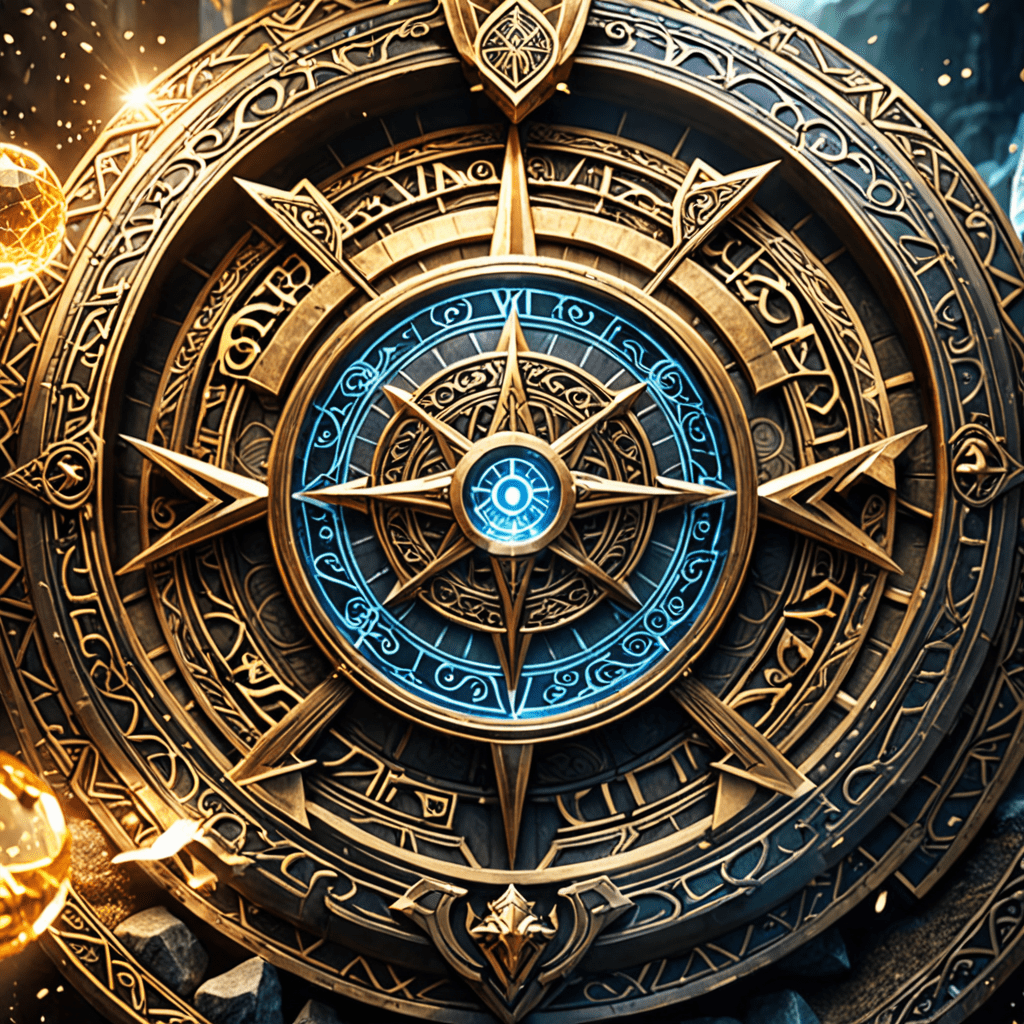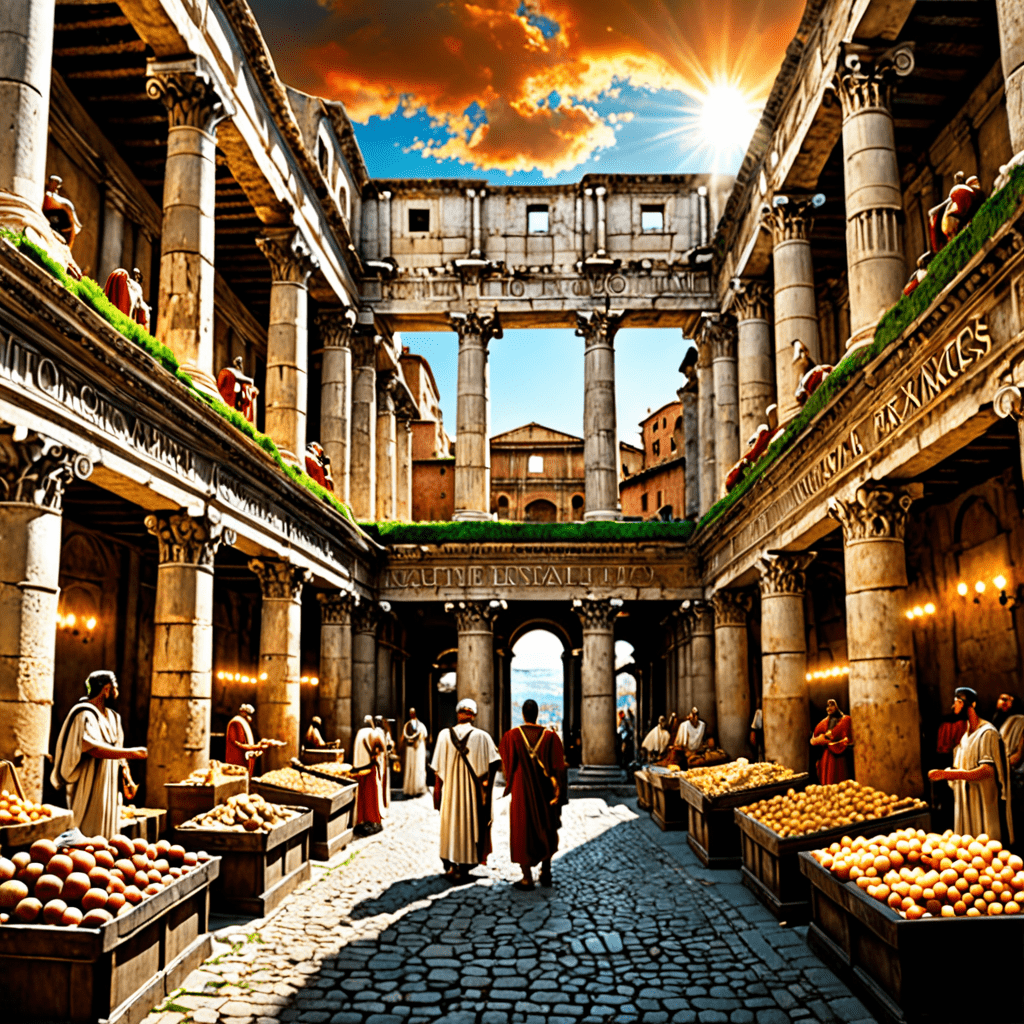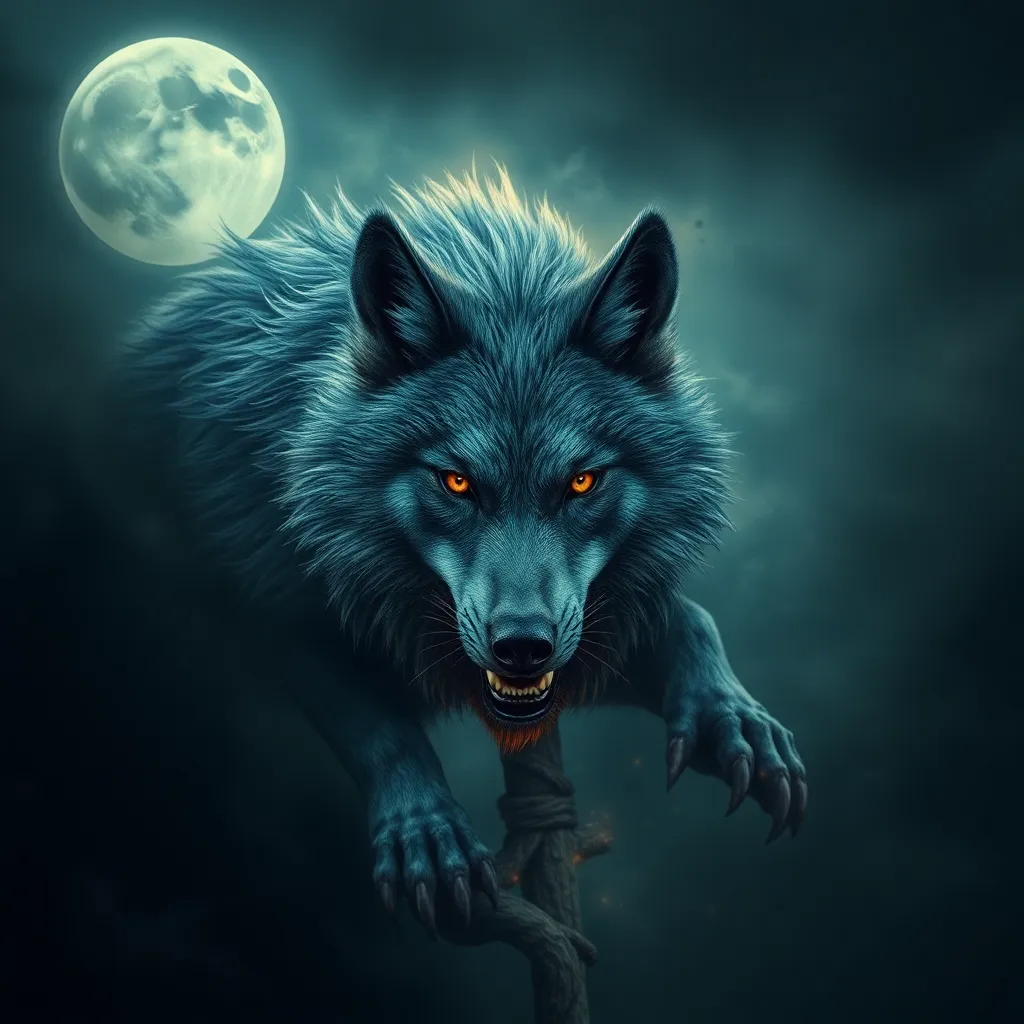The Concept of Fate and Fortune in Norse Mythology
Understanding Fate in Norse Mythology
In Norse mythology, the belief in fate, often referred to as ‘Wyrd,’ plays a significant role. Wyrd encompasses the idea that destiny is predetermined and inevitable. The Norns, female beings who control fate, weave the threads of individual destinies. Even the gods themselves are subject to fate, highlighting the inexorable nature of destiny in Norse mythology.
Fortune and Luck in Norse Beliefs
Fortune and luck, known as ‘Hamingja,’ are also integral to Norse mythology. Hamingja represents a person’s inherent energy, strength, and luck that can influence their fate. Warriors often sought to gain favor from goddesses like Freyja, associated with luck and fertility, to enhance their hamingja in battles and conflicts. Luck was viewed as a dynamic force that could sway the outcome of events in unpredictable ways.
The Role of Ragnarok and Destiny
Ragnarok, the apocalyptic event in Norse mythology, highlights the inevitable nature of destiny. It signifies the end of the world as foretold in prophecies, where gods, giants, and forces of chaos engage in a final battle that ultimately leads to the destruction and rebirth of the world. Ragnarok exemplifies the cyclical nature of fate, emphasizing that even the gods themselves cannot escape their predetermined destinies.
Navigating Fate and Seizing Opportunities
Despite the deterministic nature of fate in Norse mythology, there is also an element of agency and choice. Heroes like Odin and Thor demonstrate the importance of bravery, wisdom, and perseverance in facing challenges and shaping destiny. While fate may set the course, individuals can still influence outcomes through their actions and decisions. The Norse concept of fate and fortune encapsulates the complex interplay between destiny and personal agency, highlighting the need to navigate through challenges while being mindful of the threads of fate that intertwine all beings.
FAQs about The Concept of Fate and Fortune in Norse Mythology
What is the concept of fate in Norse mythology?
In Norse mythology, fate is often seen as an inevitable force that dictates the destinies of both gods and mortals. The Norns, female beings who control destiny, weave the threads of fate for all beings in the cosmos.
How does fortune play a role in Norse mythology?
Fortune in Norse mythology is closely intertwined with fate. While fate represents the predetermined path of an individual, fortune refers to the luck, wealth, and success that can influence one’s journey along that path.
Are there gods associated with fate and fortune in Norse mythology?
Yes, in Norse mythology, there are gods like Odin, who is often associated with wisdom and foreknowledge, making him a figure linked to fate. Additionally, gods like Freyja, the goddess of love and fertility, embody aspects of fortune and abundance.



